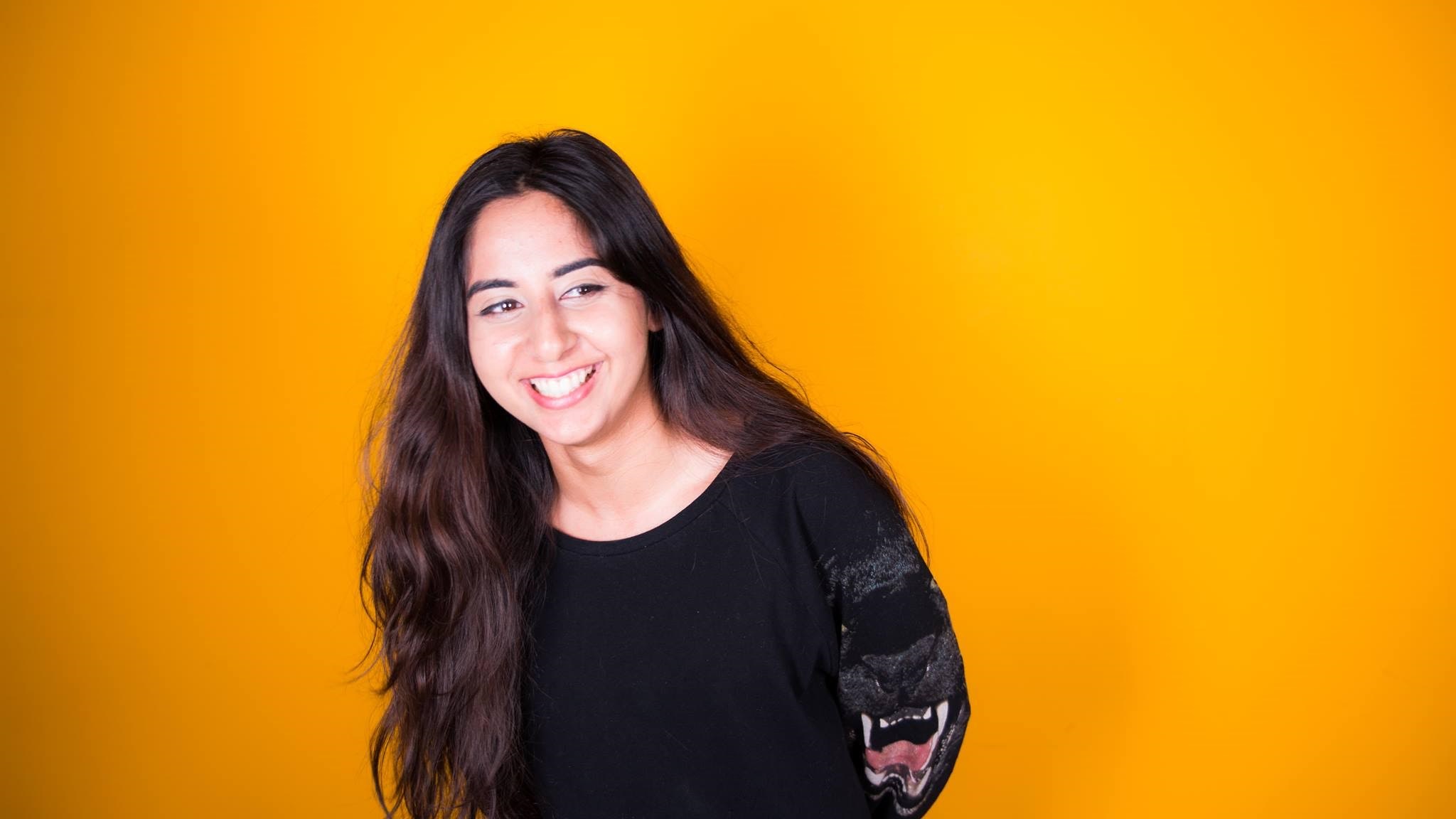One of the best lessons Maya Minhas ‘18 has learned since graduating from Temple University is to take professional growth one step at a time. The communication studies alumna specialized in intercultural communications through the Major of Distinction/Thesis Track and found that her interests in digital storytelling and social impact led her to a position she never considered: social impact digital campaigns manager for award-winning film production company Participant. Her recent campaign with the company’s film American Factory paid off as the documentary won best documentary feature at this year’s Academy Awards®.
Growing up, Minhas split her time between the United States and the United Kingdom. She found that her South Asian background and dual nationalities gave her a deep appreciation of others with similar histories. Between high school and college, she took a gap year to think about what she might want to pursue in the future. She found that studying communication at Klein College of Media and Communication would allow her the flexibility to explore the experiences of others in a multicultural environment.
Klein was where she completed Americanism, an ambitious solo project that doubled as her senior thesis. The book is a collection of original photographs and narratives of over 30 people Minhas conversed with about their lives and perspectives. Though Americanism was originally intended to be a series, Minhas lost all of the recorded audio of her conversations after she graduated and was not able to recover them from her damaged phone. However, the unfortunate mishap reinforced her belief that “everything happens for a reason.”
Thankfully, Minhas adjusted and found herself in New York City for a few months as a photography assistant, which allowed her to expand the skills that she learned from her photography projects. Though the training was useful, she realized that working exclusively in photography is not what she wanted to do for her career. In a job hunt, she came across Participant in part by looking up “social impact” and “digital storytelling” positions. One of the ways she learned more about Participant was by reaching out to Bahati Meadows ‘03 on LinkedIn.
“I am a strong believer in trial and error,” Minhas says. “Whether it's meeting somebody for coffee and asking them what they do or applying for a job you don’t think you’ll get or working on a personal project. I think that it becomes a lot less scary and a lot less impossible when you focus on how everything happens because of small things that happened along the way.”
Meadows believes any student can produce a similar outcome if they take initiative and approach potential connections with confidence and respect.
“I think I was really receptive [to Minhas] because I’ve done that many times before and had it work,” Meadows says. “And so just saying ‘Hey, I’m interested in this field’ or ‘I’m interested in what you do there,’ ‘I’m reaching out to you because of XYZ,’ ‘If you have thirty minutes of time I would love to talk with you over the phone’ or if you’re in town and you can set up a time to meet in person that’s also great.”
So far, Minhas’ role has provided several opportunities to bring the content portrayed by Participant’s work to discussions in real life. Participant’s films have collectively earned 74 Academy Award® nominations and 19 wins, including best picture for Spotlight and best foreign language film for Roma and A Fantastic Woman. Since starting at Participant last year, Minhas has worked on immersive campaigns for the company, with one of the most extensive being her work with the campaign for American Factory.
Minhas made sure to carefully study the film before its release to determine which aspects of it to highlight in the digital campaign, which was released in the form of a website. When the documentary was released, the team went on a national tour with several organizational partners. Post-screening discussions and conversations with viewers opened Minhas’ eyes to the power of media to generate ideas however small or localized, to tackle some of the world’s biggest problems. At the same time, Minhas and her team took viewers’ feedback and thoughts about its campaign back to Participant and “pivoted accordingly.”
“My favorite part about my role and the work that I do is that I get to have exposure and involvement in so many different issue areas, I’m never limited to just one,” she says. “And so I think that facilitates a space for intersectionality but also enables me to constantly be learning and never feel that I either have to be, or am capable of, being an expert in a space. Which I think is super important in social impact work: to keep your humility and also understand that the people who are most impacted and the people who are most engaged in the space on a daily basis are really the experts.”
In the future, Minhas plans to continue working as an agent of change, but she also wants to expand her target areas. She believes that tackling issues in structural and institutional systems will make significant and needed social advancements in the years to come, but for now she is focused on what she can do one day at a time.

